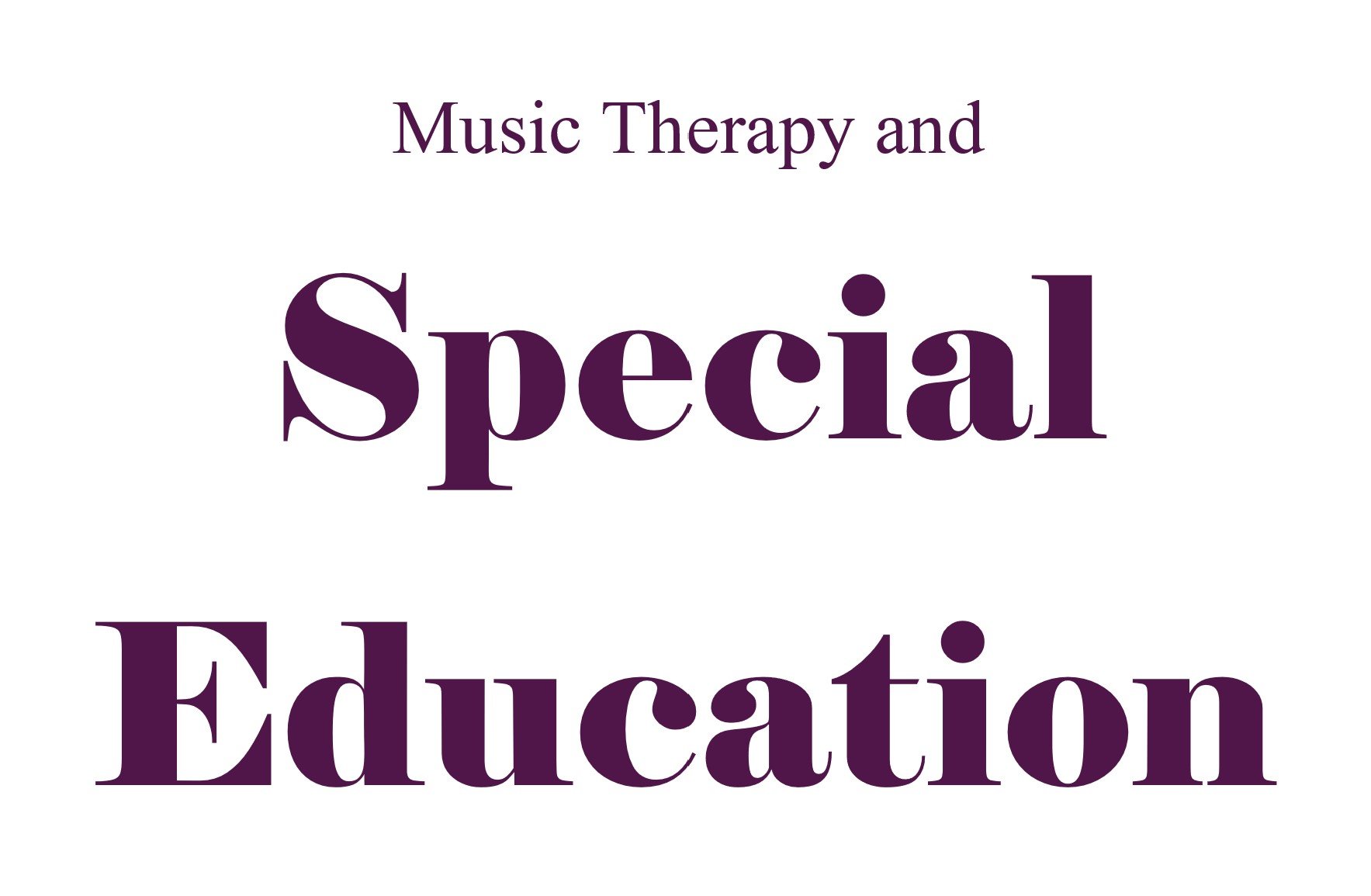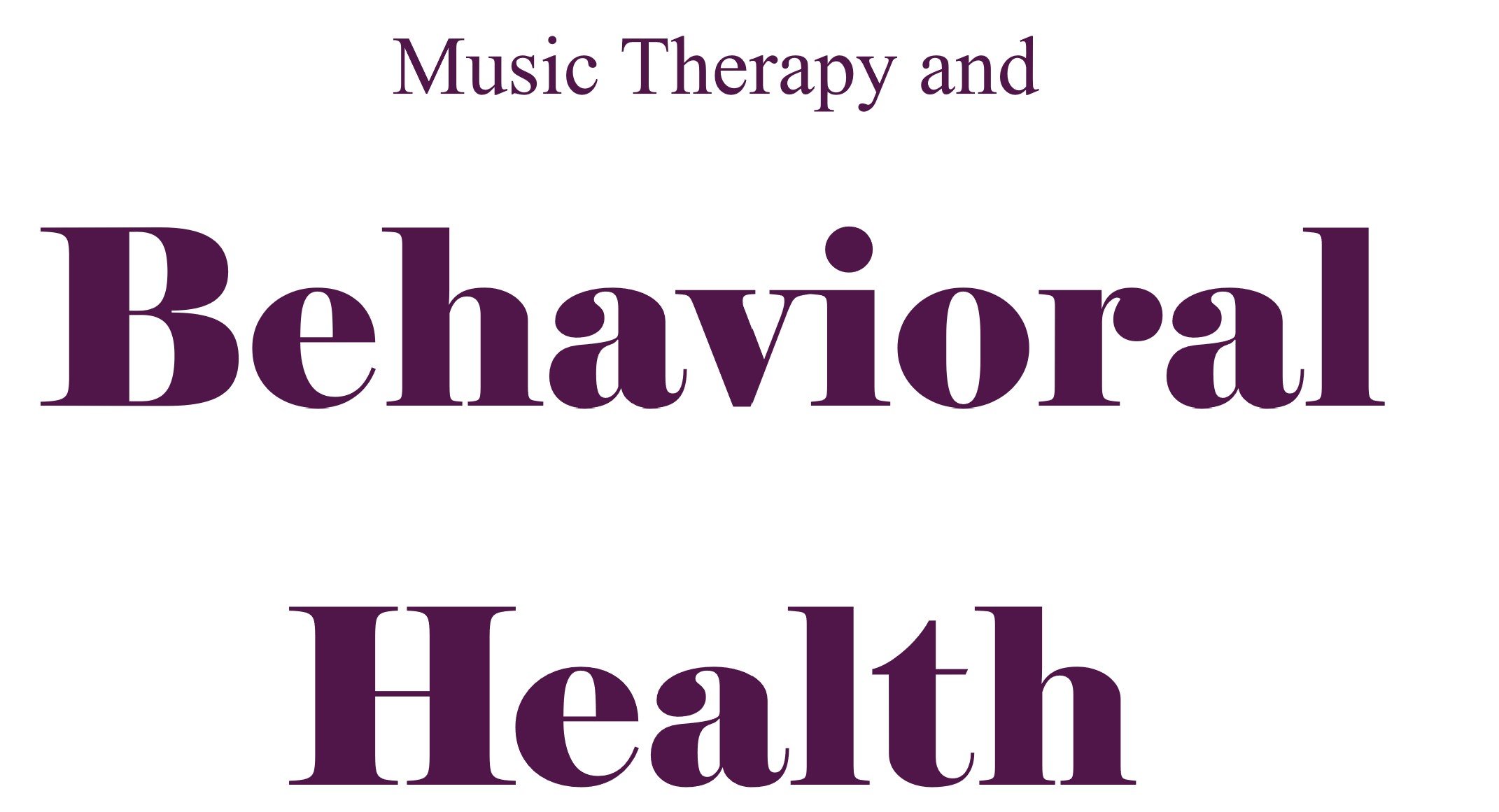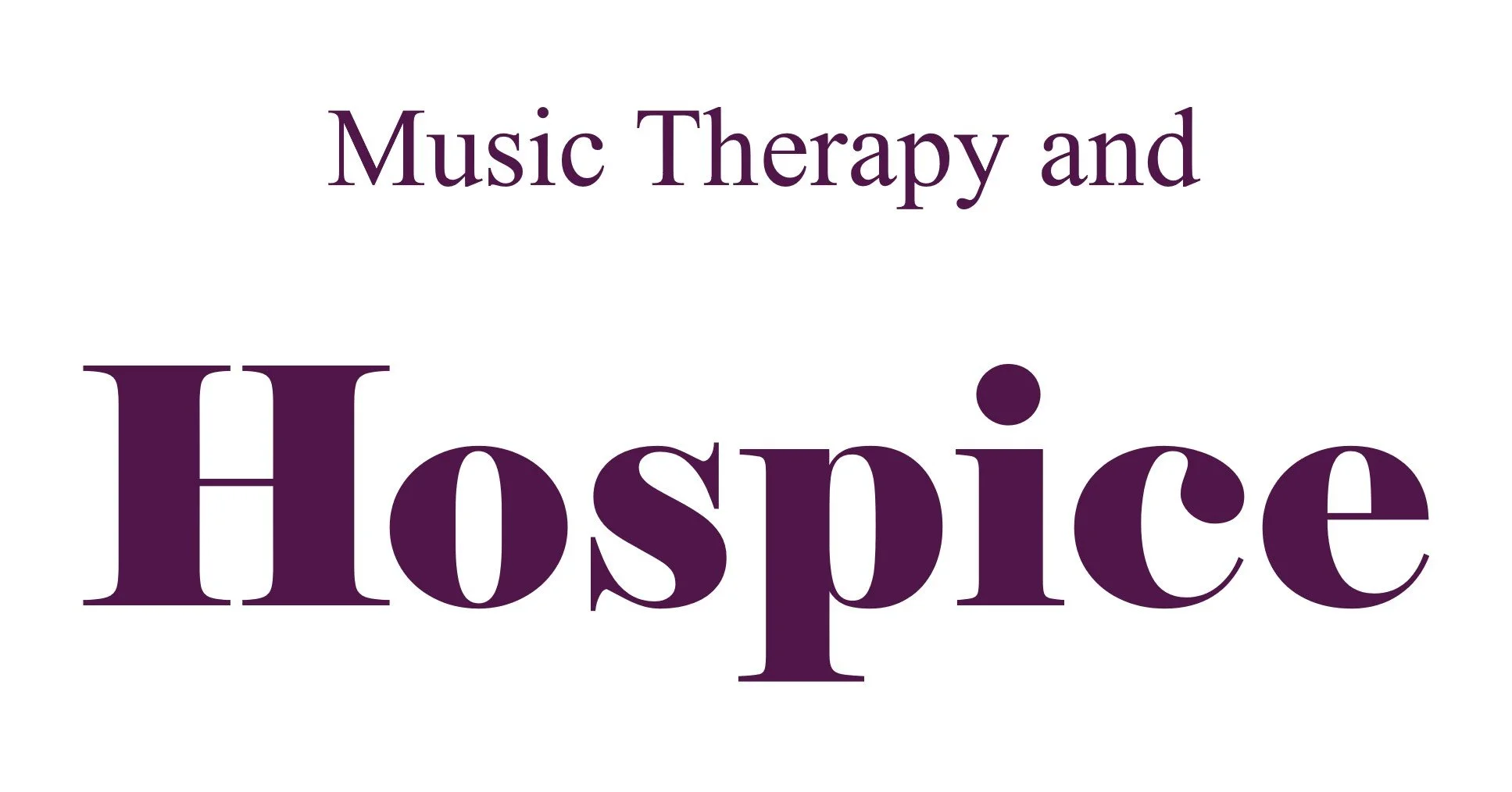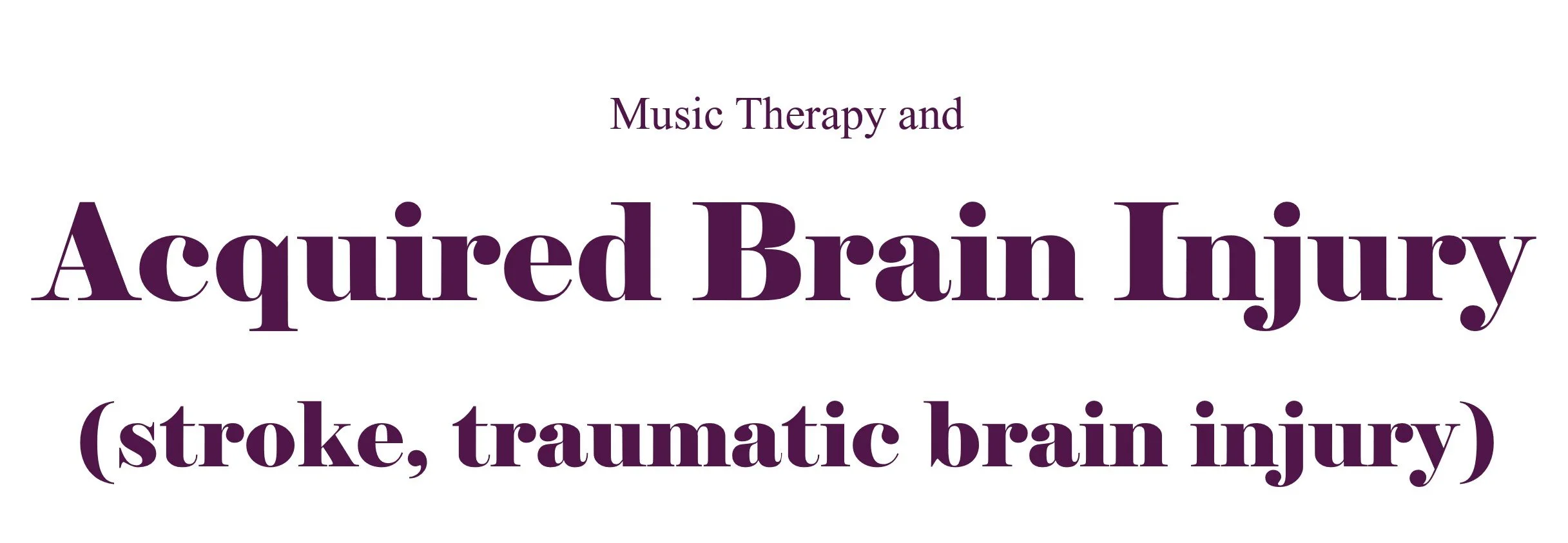
Music therapy interventions with individuals with autism focus on enhancing social, communicative, motor/sensory, emotional, and academic/cognitive functioning, or music skills. Music therapy services are based on each client’s individual abilities, noting preferences, needs, the family’s values, beliefs, and priorities. Music therapists work in partnership with clients, families, and teams.
Read more about music therapy and autism.
Music therapy with individuals who have dementia provides structure and meaningful engagement, enhances daily living in an individual or group setting, promotes communication and self-expression through singing and active music making, improves mood and increases energy, encourages physical movement through active music making, and decreases stress and agitation through predictable, pleasurable experiences.
Read more and music therapy and dementia.
When working with students in special education in the school setting, music therapists collaborate with related service providers and educational teams (EL teachers, reading support, classroom teachers, social workers, job skills, etc. ) to support and generalize skills from music therapy to non-music settings. Music therapy has the potential to address skills within the following clinical domain areas: cognitive, behavioral, physical, emotional, social, communication, and sensorimotor.
Read more about music therapy and special education.
Music therapy in behavioral health supports clients by allowing for self-reflection through the use of a variety of music-based activities; foster social and communication skills by making music with others; includes trauma-informed and wellness-based models of care; helps young people identify how their thoughts and feelings influence their behaviors, choices, and identity development; teaches young people how to self-regulate and to help them develop healthy coping skills
Read more about music therapy and behavioral health.
Music therapy services in hospice care assist in decreasing pain and discomfort through individualized interventions; facilitate family communication, relationship completion, and social interaction through creative means; provide alternative opportunities for processing emotions related to death and dying or bereavement; facilitate avenues for spiritual expression and support.
Read more about music therapy and hospice care.
When working with individuals who have an acquired brain injury (ABI), music therapists are uniquely trained in the application of music to facilitate engagement in non-music behaviors, such as moving, speaking, and expression of emotion. Music therapists work as part of interdisciplinary teams to design treatment aimed at improving ngative mood states and quality of life, cognitive recovery, physical performance (including walking, upper limb function and talking), and communication outcomes (including voice, speech and language). The theoretical rationale for using music in the treatment of ABI stems from neuroscience and the largest body of evidence for music therapy with ABI exists in relation to stroke.
Read more about music therapy and acquired brain injury.




